Brief Description:
This research stage has been completed by Dra. Françoise Breton from INTERFASE research group of Geography Department and ICTA institute of the Universitat Autònoma de Barcelona (UAB), in collaboration with Dr. Svein Jentoft and MARA research group from the University of Tromsø (UiT – The Arctic University of Norway).
Other strong colaborations have been established during the development of research stage with the University of Svalbard (UNIS), and the Svalbard Museum and her Director Tora Hultgreen.
The research stage has allowed to carry out a first approach to the study of vulnerability of whales and the effects to local communities related with the whales’ hunting in the Arctic Region of Norway from a socio-environmental approach (integrating environmental, historical, political and ethnological perspectives).
The research work done in 2015, focuses on whale species vulnerability. Fieldwork methodology on whales ‘perception by local fishermen communities and other relevant stakeholders allows us to discuss traditional whaling, within the artisanal fishery cycle.
This activity is important to sustain local coastal communities inhabiting in extreme cold climate in the Arctic.
During the research it has also present a test to map and model whales’ vulnerability. Both approaches help to understand the place of whales in the Barents Sea. This research focusing on socioecological approach to Minke whale (Balaenoptera acurostrata) in Lofoten islands (Norway) allows to meet a number strong recommendations to the Marine Spatial Plans.
Financing institution:
The research stage of Dra. Breton has been supported by a two mobility grants from Iceland, Liechtenstein and Norway through the EEA Financial Mechanism. Operated by Universidad Complutense de Madrid through the NILS Science and Sustainability Program:
- NILS Science and Sustainability (ES07) – Abel Individual Mobility of Researchers. Code: 039-ABEL-IM-2014B
- NILS Science and Sustainability (ES07) – Abel Individual Mobility of Researchers. Abel Coordinated Mobility of Researchers. Code: ABEL-IM-CM-AF additional funding for project code 039-ABEL-IM-2014B
Research stage project granted: Socio-environmental approach on whales’ vulnerability in the context of Marine Spatial Planning (MSP) in Norway and in the Arctic region
Duration of research stage project: 27/02/2015 – 30/11/2015
Budget total: 12.277€
The stage has counted with the research collaboration of the Universitat Autònoma de Barcelona (Geography Department. Dr. Françoise Breton, the SGR INTERFASE research group), the University of Tromsø (Faculty of Biology Fishery and Economy. Dr. Svein Jentoft, the MARA research group. The Sami Center), the University of Svalbard (Biology Department. Dr. Øysten Varpe) and the Svalbard Museum (Dra. Tora Hultgreen).
It has also counted on the support of:
– Institute of Marine Research, Norway (IMR): Dr. Hoel Hålf Hakon, Dr. Tore Haug (IMR Tromsø). Dr. Nils Øien (IMR Bergen).
– Foundation for High North Research Center for Climate & Environment of Tromsø (FRAM): Dr. Einar Eythersson.
– North Atlantic Marine Mammals Commission (NAMMCO): Dra. Geneviève Desportes.
– NRK radio-TV: Per Kristian Olsen.
– Norwegian Institute for Nature Research (NINA-FRAM): Dr. Per Fauchald.
– Arctic Council and its Working Groups: Marine Mammals Working Group (MMWG), Flora, fauna and biodiversity (CAFF), Protection of Marine Environment (PAME), Sustainable Development Working Group (SDWG).
– Norwegian Whaling Union: Truls Soløy.
– Whalers families of Lødingen (Lofoten Islands): Alf Hansen, Anne-Helen Hansen, Lisbet Kristin Hansen.
– The whaling Ellingsen firm: Ulf Ellingsen and family.
– Svalbard Integrated Arctic Earth Observation System (SIOS): Dr. Ole Jørgen Lønne.
– Norwegian Polar Institute (NPI): Dr. Kim Holmén.
– Barents sea MSP at the NPI: Dr. Cecilie von Quillfeldt.
– Whales Safari of Andenes: Daniele Zanoni.
Overall objectives and main results:
Minke whales’ vulnerability map:
- The method for quantifying anthropogenic pressures, as presented in this test, can be seen as a useful tool for MSP and the implementation of the EU MSFD in the Barents Sea. It can be reproduced for other marine mammal species as well as anthropogenic pressures. Most of the included data sets could be improved in collaboration with Norwegian institutes.
- This kind of test should be discussed with whalers and whale scientists to see how to integrate LEK and scientists knowledge in this mapping and modeling exercises.
- Other activities that local controlled whaling has more impact on the future of whale (water contamination, accumulation of contaminants along the food web, presence and planned increase of oil platform and navigation routes, etc.).
Recommendations for MSP:
- If whaling of Minke continues to be managed as it is with an important shared of whalers and scientists, the sustainability of this species is not endangered. Other anthropogenic impacts such as water contamination, presence and plant oil increase, navigation routes, and tourism cruises could be more dangerous for mink whales and for other whale species.
- Most of the interviewed people perceive that “it will be more and more difficult to fish if big oil business, aquaculture and opening of new navigation routes without to say the climate change impacts”.
- The participation of fishermen communities (including whalers) into MSP making and ICZM would be an important milestone for a better management of the Barents Sea.
- There is an important common idea that whales should be at the center of the MSP decisions and their corridors should be protected. Fishermen communities and their inhabitants express in the future vision the fact that they want to play a more important role for the conservation of Barents Sea socio ecosystems (in an ethic way).
- Exploring how society envisions whales’ vulnerability, today and the potential situation tomorrow, identifying those conflictive issues among the main economic sectors in Norway and the major climate change threats that compromise whales’ survivals a main challenge for Arctic local communities and countries.
- Our research brought new lights on what are the place, role and future of marine mammals, looking for the perception of local communities and their local knowledge which is especially important, in such a complex and rapid changing Arctic region.
The NILS research stage in the Arctic region of Norway has contributed to the fruitful development of the scientific and academic activity, results and opportunities. It has opened future collaborations for searching NILS and other cooperation funding programs, among the UAB and other Arctic institutions, like the University of Akureiri, to continue the work done in Iceland, the Feroe islands and Greenland now with the Inuits local communities.
References:
UBACH, R.; MARÍN, A.; BRETON, F. (UAB) (2015). Test on whales’ vulnerability. Mapping and modelling potential distribution of key whale species and pressure maps. NILS Science and Sustainability Program. Universitat Autònoma de Barcelona, Bellaterra – Spain. November 2015.
Useful Links:
NILS Science and Sustainability
NILS Closure and Outreach Event (Madrid, 26 May 2016)
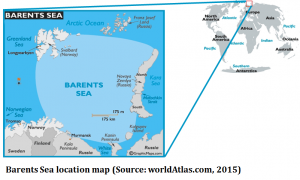
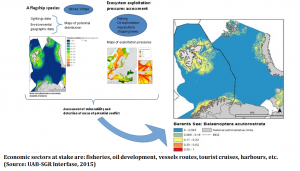
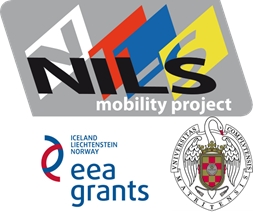
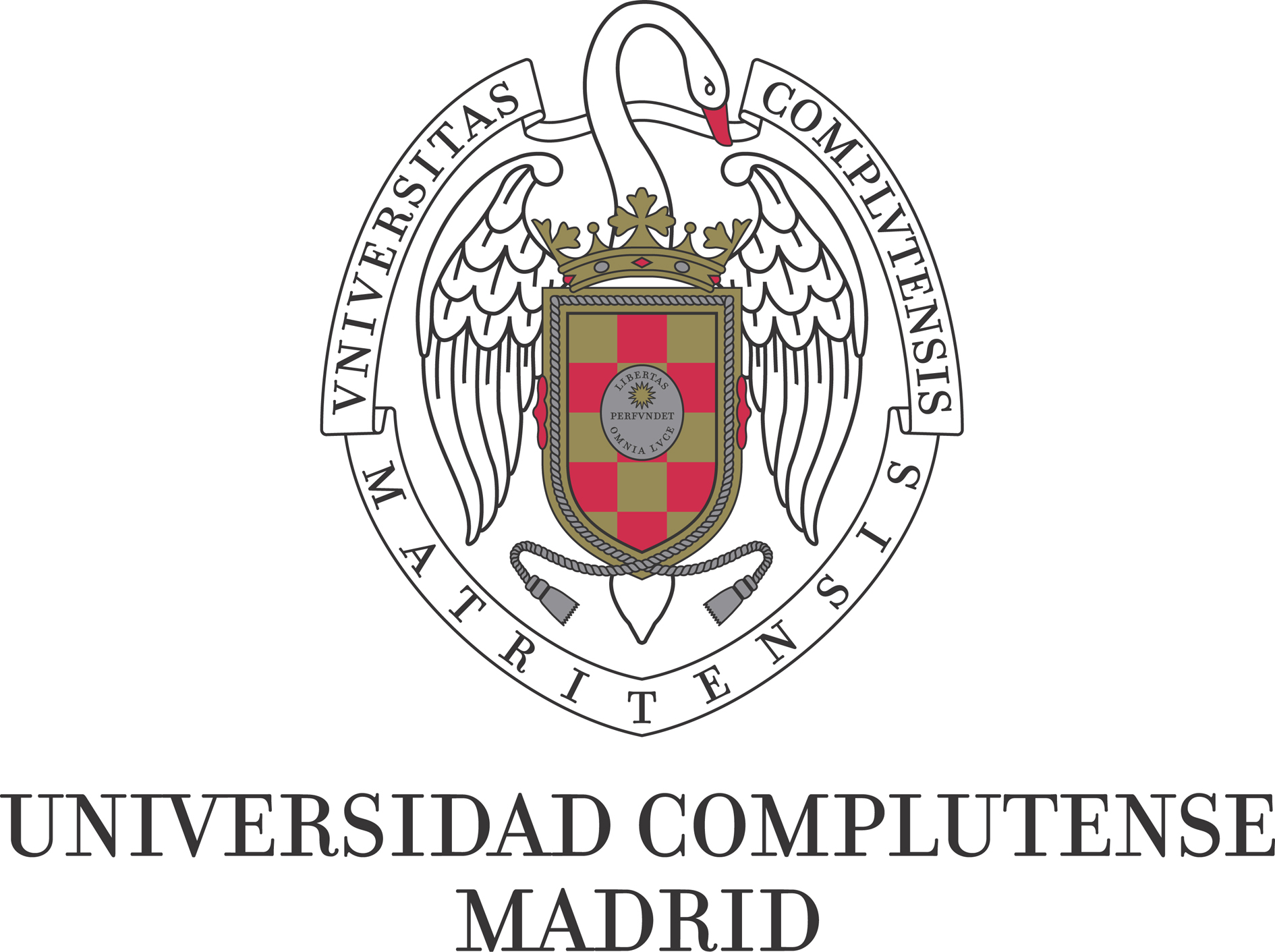

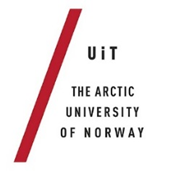
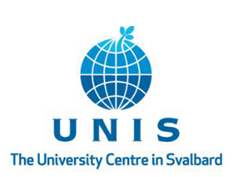
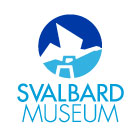
Comments are closed.